It is technology that is developing fast, thus creating not only opportunities but also challenges for the sectors of cybersecurity and blockchain. Increasingly sophisticated cyber threats are being met by researchers applying blockchain in the furtherance of security, privacy, and trust in digital transactions. Concerning new areas of research, PhD scholars may have a broader horizon in which their contributions can bring cutting-edge research. A few promising research trajectories will be discussed below.
1. Blockchain for Enhanced Cybersecurity
Decentralized Identity Management
Because conventional identity systems are centralized, they tend to be breathable. Blockchain-based identity management offers a decentralized and tamper-proof means of verifying identities without the need for third-party intermediaries.
Blockchain for Secure IoT Networks
The characteristic of being distributed makes the IoT susceptible to attacks. The use of Blockchain is meant to secure communication between the IoT devices, prevent unauthorized access to the device, and ensure data integrity.
Smart Contract Security
Smart contracts which self-execute upon the blockchain, are vulnerable to reentrancy attacks and logic disasters. Researchers can investigate formal verification techniques, AI-based vulnerability detection, and modified coding frameworks for better security.
2. Advancements in Blockchain Security Protocols
Post-Quantum Cryptography for Blockchain
As quantum computing advances, the day will come when the existing encryption schemes may not be applicable. Therefore, investigating post-quantum cryptographic techniques for the security of the blockchain becomes an important area of research.
Secure Consensus Mechanisms
There are certain drawbacks pertaining to energy consumption and security in the proof of work and proof of stake consensus algorithms. Novel consensus forms such as Byzantine Fault Tolerance (BFT) and Directed Acyclic Graphs (DAG) can serve further in enhancing security and efficiency in the blockchain.
Not many consensus algorithms proof of work and proof of stake have physical limitations with respect to energy consumption and security. Novel consensus forms like Byzantine Fault Tolerance (BFT) and Directed Acyclic Graphs (DAG) can further improve security and efficiency in the blockchain.
Blockchain Interoperability and Sidechains
Secure interoperation between independent blockchain networks poses a challenge. Sidechain, cross-chain methodologies, and atomic swaps are being researched and implemented to achieve interoperability across blockchain networks.
3. Cybersecurity Applications of Blockchain
Blockchain for Secure Voting Systems
Risks such as Tampering and Voter Fraud always surround the E-voting systems. However, it can provide transparent, verifiable, and tamper-proof election processes as offered through voting on Blockchains.
Supply Chain Security
Usually supply chains face frauds, counterfeites and inefficiency laws. This is where a Blockchain helps an entire ecosystem in giving an unchangeable ledger for tracking goods, giving everyone a transparent view with security.
Cyber Threat Intelligence Sharing
Organizations are sometimes reluctant to share their threat intelligence due to issues of trust. Blockchain-based platforms allow organizations to securely and anonymously share cyber threat data.
4. Privacy and Anonymity Enhancements
Zero-Knowledge Proofs (ZKP) for Privacy
While blockchain transactions are public, they do not provide complete privacy. One way to make transactions more private is with Zero-Knowledge Proofs (ZKPs). ZKPs enable users to prove their knowledge without revealing that information.
Homomorphic Encryption in Blockchain
Homomorphic encryption gives the capability for performing operations on the encrypted data without decrypting it, thus ensuring privacy for Blockchain applications, including those in healthcare and finance.
5. AI and Blockchain for Cybersecurity
AI-Powered Threat Detection
We can see that the machine learning model trained by the Blockchain data can and is able to attack fraud, malware, and threats from cyber security.
Blockchain-Based AI Model Security
AI models are vulnerable to adversarial attacks and data poisoning. An exciting research field is securing AI training data and assuring model integrity using Blockchain technology.
Conclusion
They continue to evolve, creating endless opportunities for PhD scholars who are keen on research. The areas of focus can range from Blockchain-based security enhancements, post-quantum cryptography, and AI-infusion in cybersecurity solutions, technology being the possible future of all digital security. As threats grow complex, high innovations through research will play a very important role in helping secure the digital world.
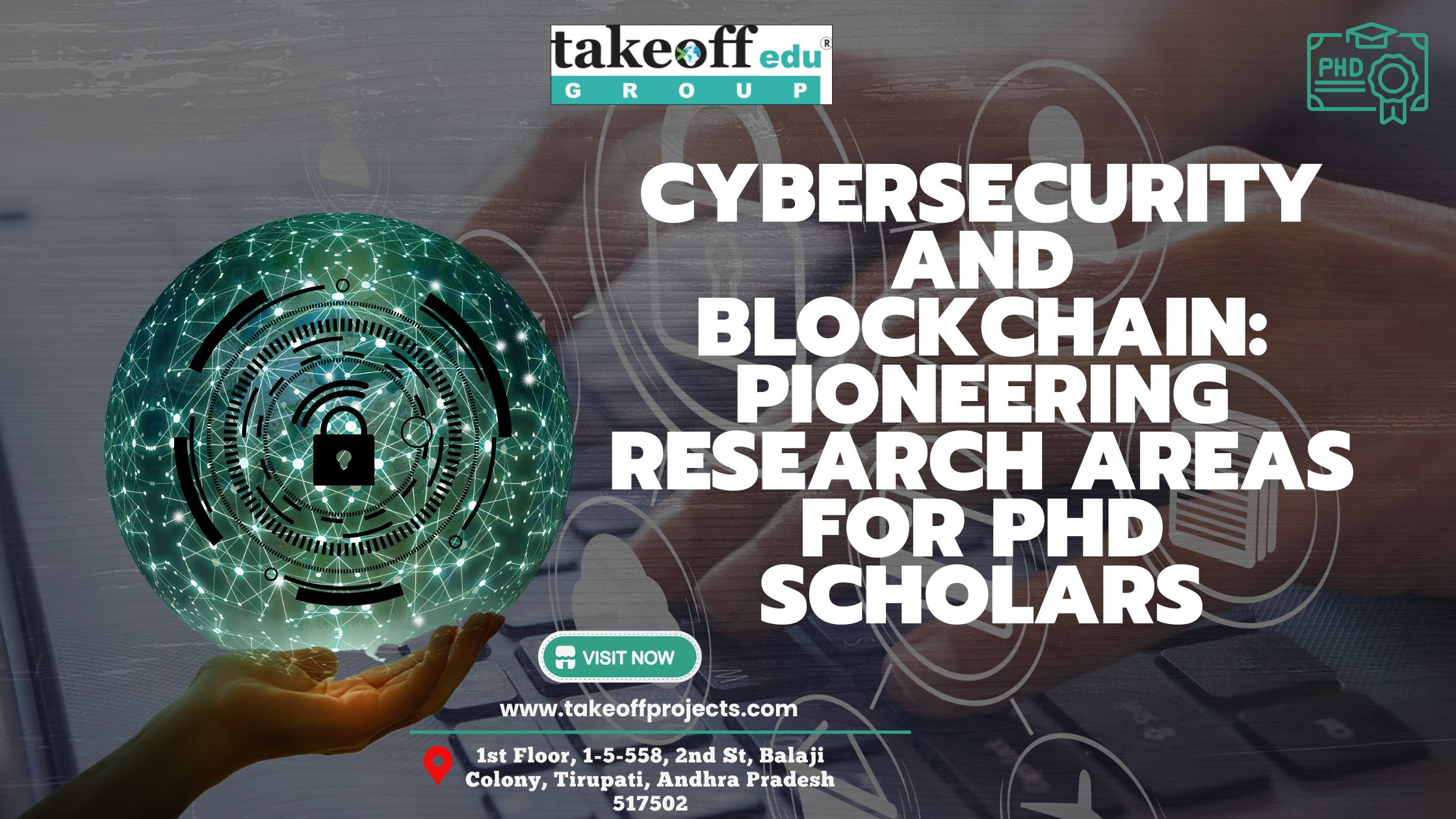
 PhD in Electrical Engineering: Research & Writing Support
PhD in Electrical Engineering: Research & Writing Support  Which are the Best PhD Assistance and Dissertation Writing Services in India?
Which are the Best PhD Assistance and Dissertation Writing Services in India?  How to Choose a PhD Research Domain: EEE, ECE, or CSE?
How to Choose a PhD Research Domain: EEE, ECE, or CSE? 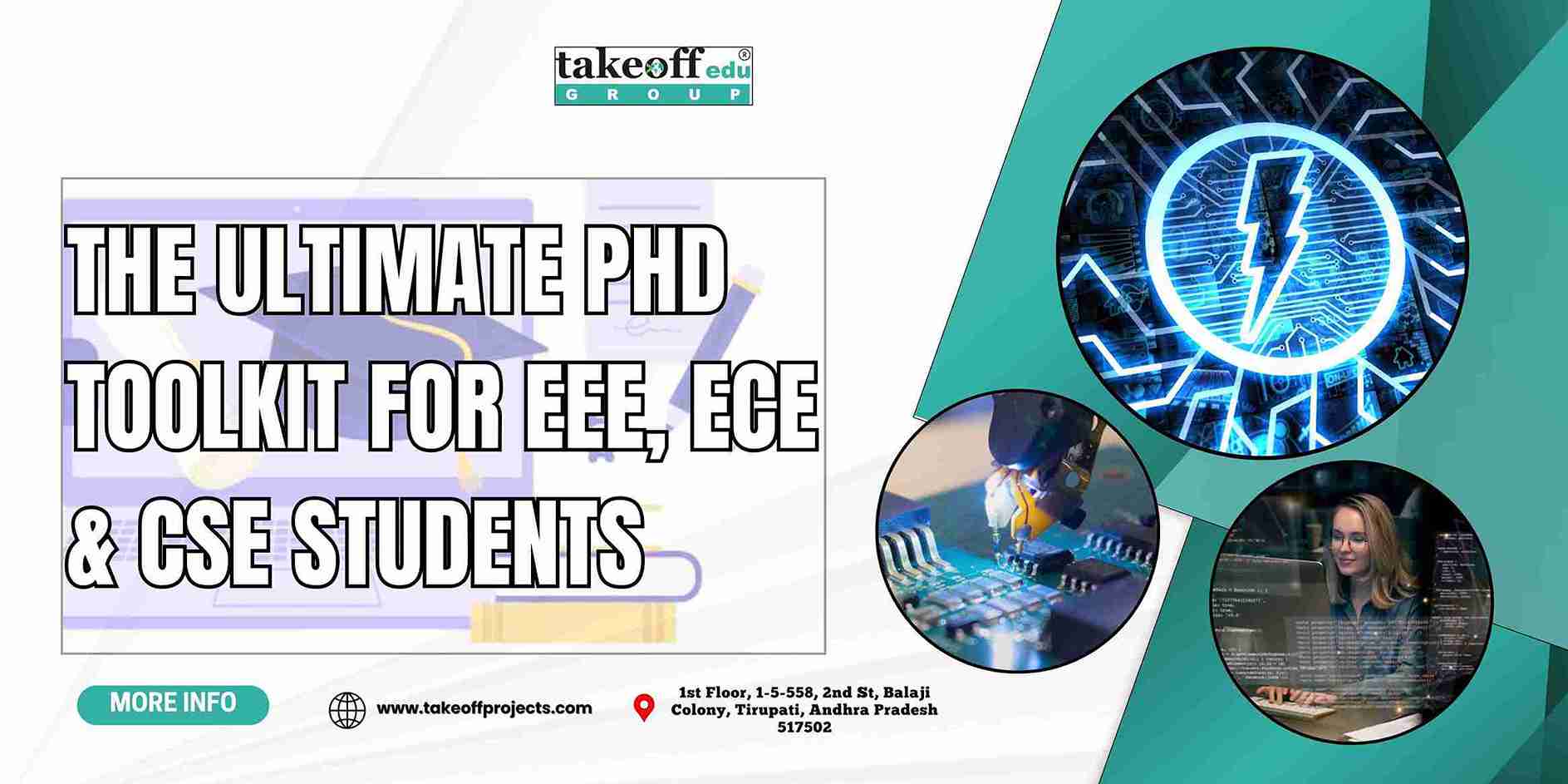 The Ultimate PhD Toolkit for EEE, ECE and CSE Students
The Ultimate PhD Toolkit for EEE, ECE and CSE Students  Publication Success in EEE, ECE, and CSE: Expert Tips for Engineering Scholars
Publication Success in EEE, ECE, and CSE: Expert Tips for Engineering Scholars  Your PhD Guide to Multi-Disciplinary Research in Engineering and Technology
Your PhD Guide to Multi-Disciplinary Research in Engineering and Technology  Top PhD Topics across EEE, ECE, and CSE: Bridging Innovation and Impact
Top PhD Topics across EEE, ECE, and CSE: Bridging Innovation and Impact 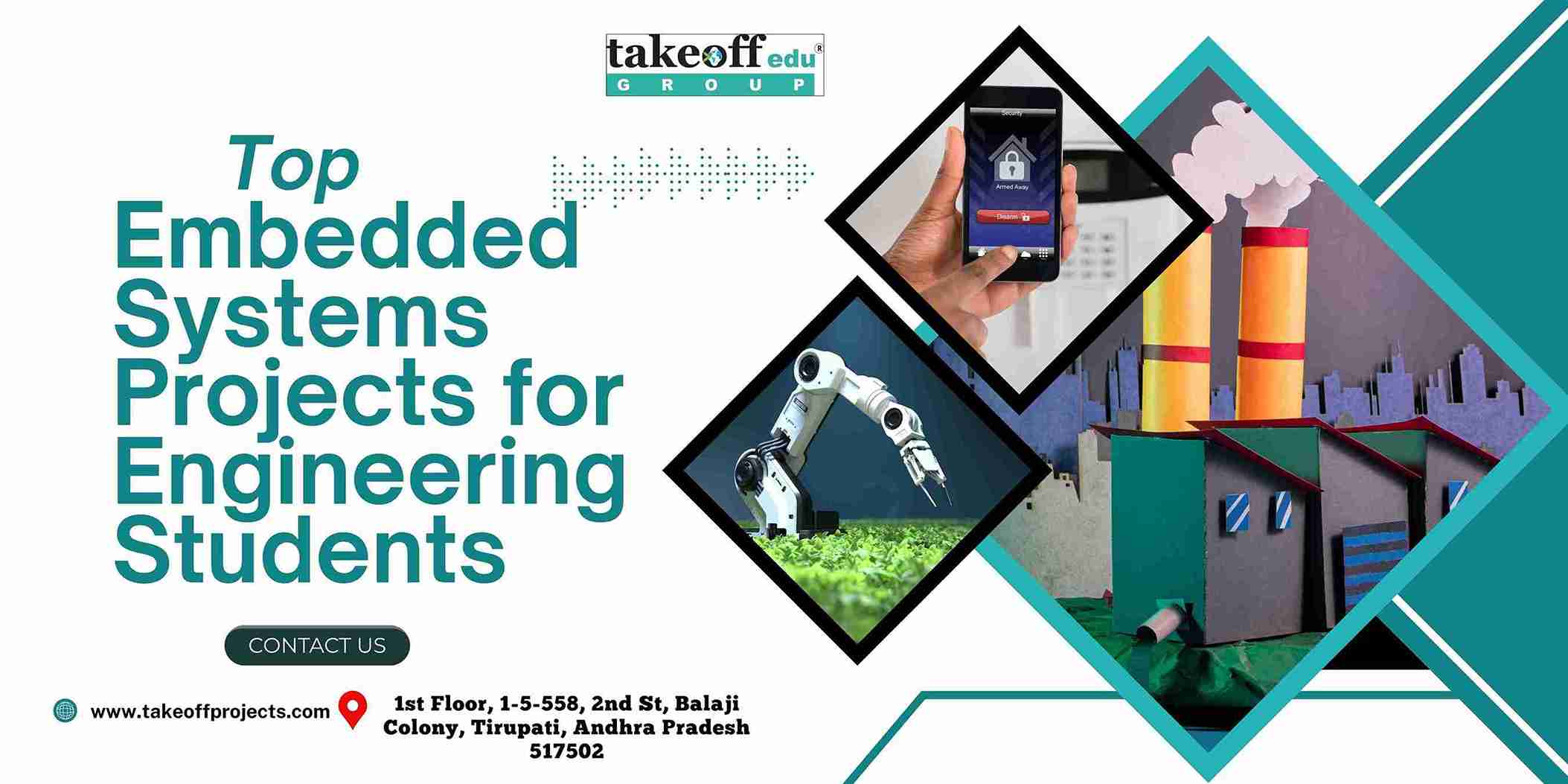 Top Embedded Systems Projects for Engineering Students
Top Embedded Systems Projects for Engineering Students  Crafting the Future of Tech: PhD Research Trends in Software Engineering
Crafting the Future of Tech: PhD Research Trends in Software Engineering 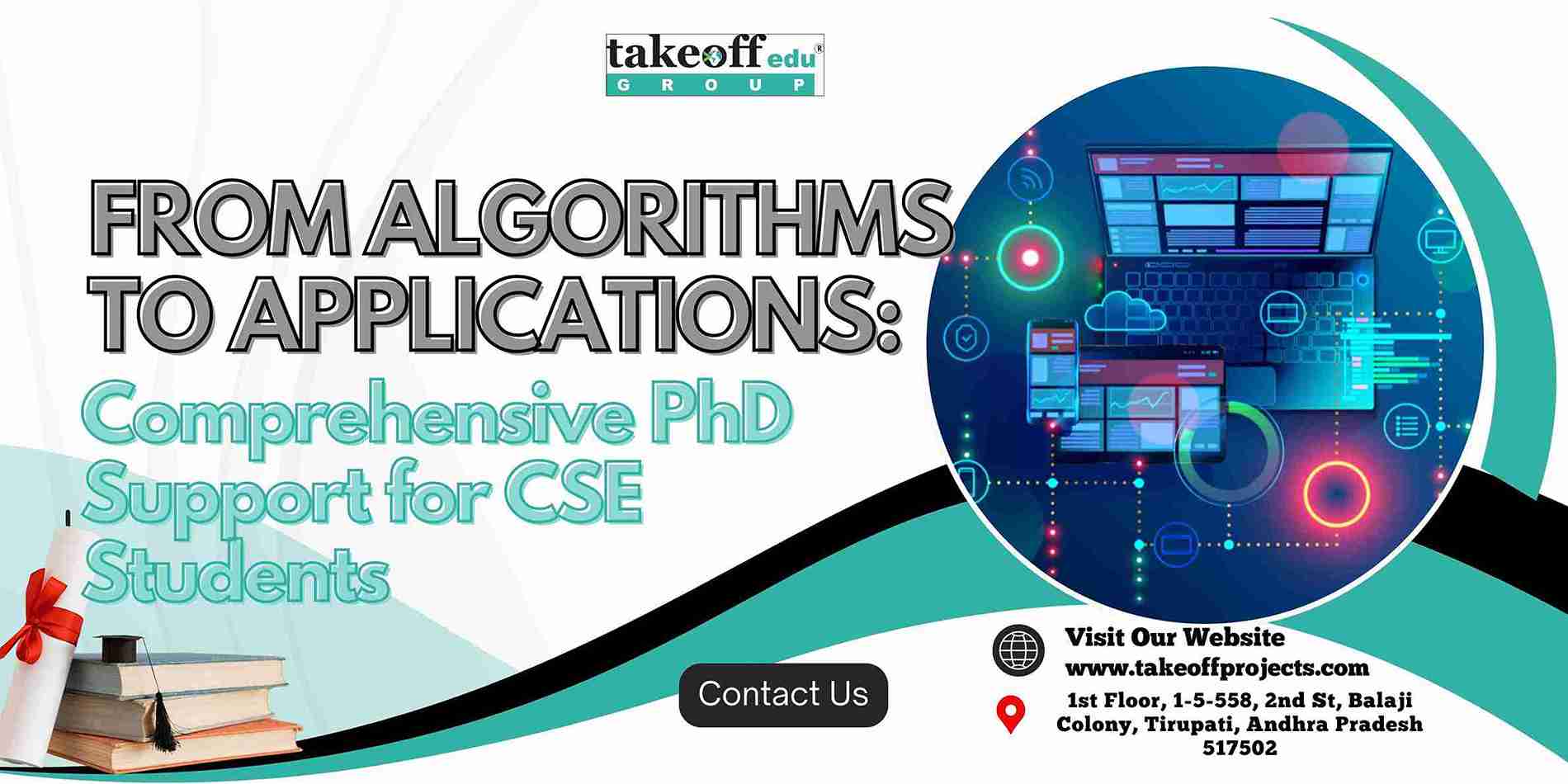 From Algorithms to Applications: Comprehensive PhD Support for CSE Students
From Algorithms to Applications: Comprehensive PhD Support for CSE Students 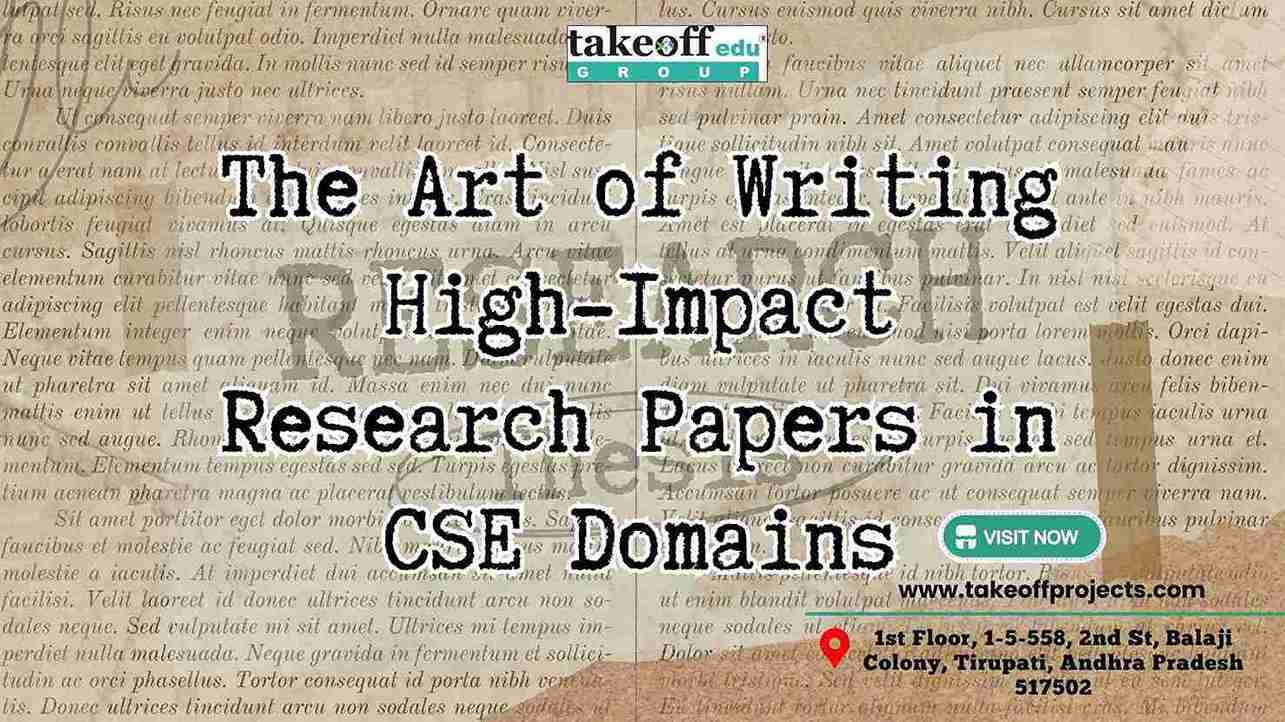 The Art of Writing High-Impact Research Papers in CSE Domains
The Art of Writing High-Impact Research Papers in CSE Domains 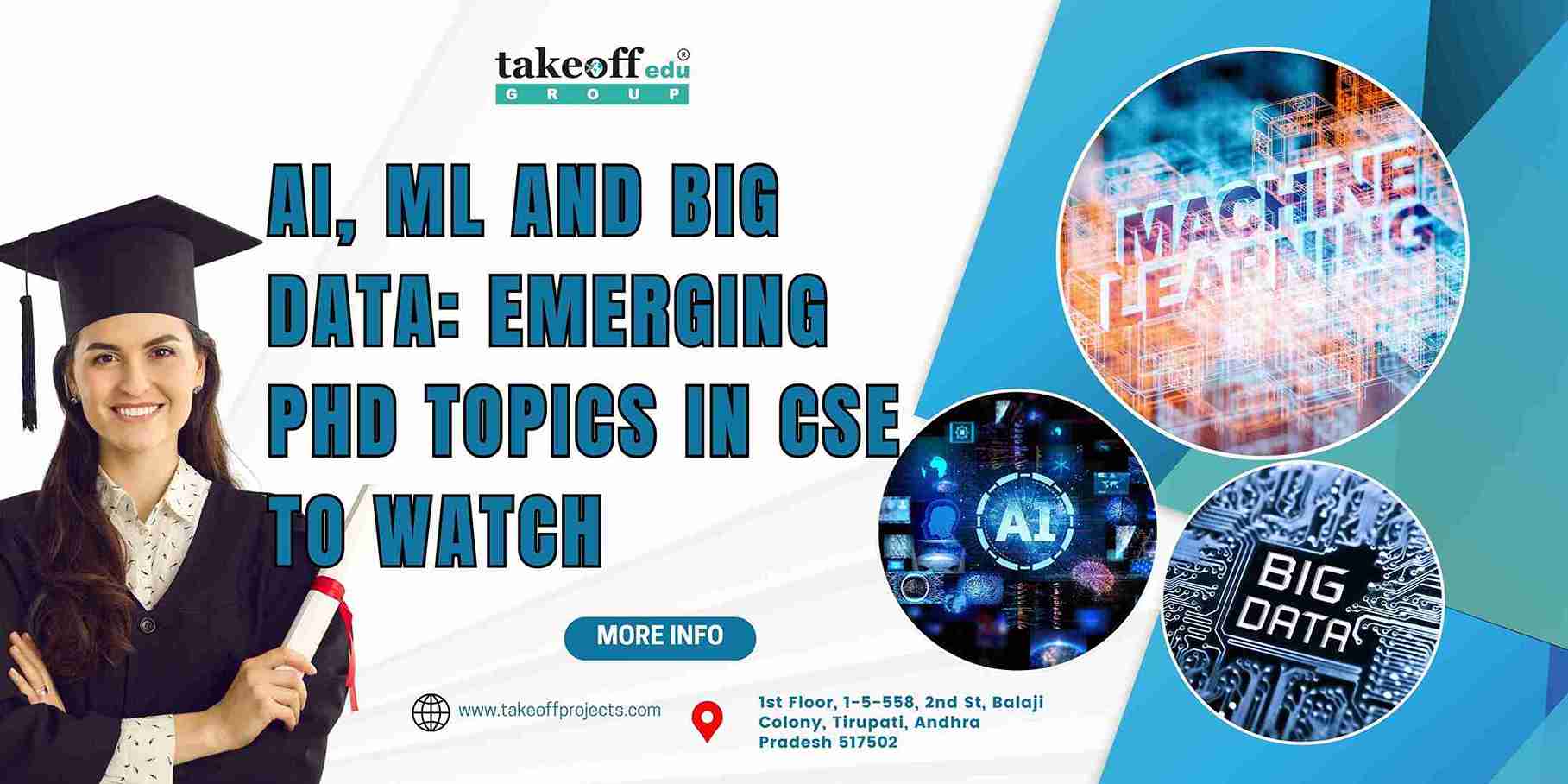 AI, ML, and Big Data: Emerging PhD Topics in CSE to Watch
AI, ML, and Big Data: Emerging PhD Topics in CSE to Watch  Top Research Trends in Electrical Drives for Aspiring PhD Scholars
Top Research Trends in Electrical Drives for Aspiring PhD Scholars 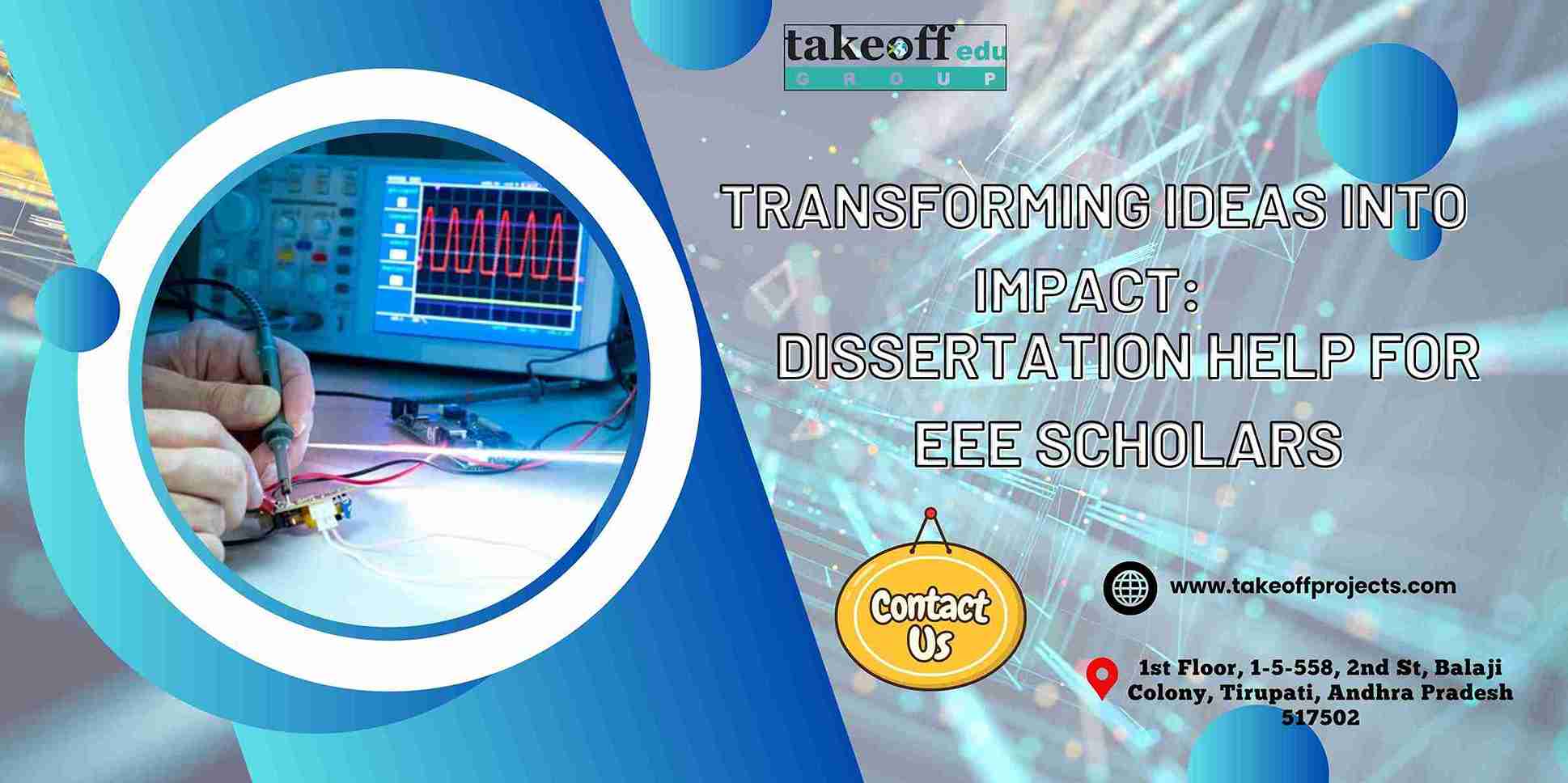 Transforming Ideas into Impact: Dissertation Help for EEE Scholars
Transforming Ideas into Impact: Dissertation Help for EEE Scholars 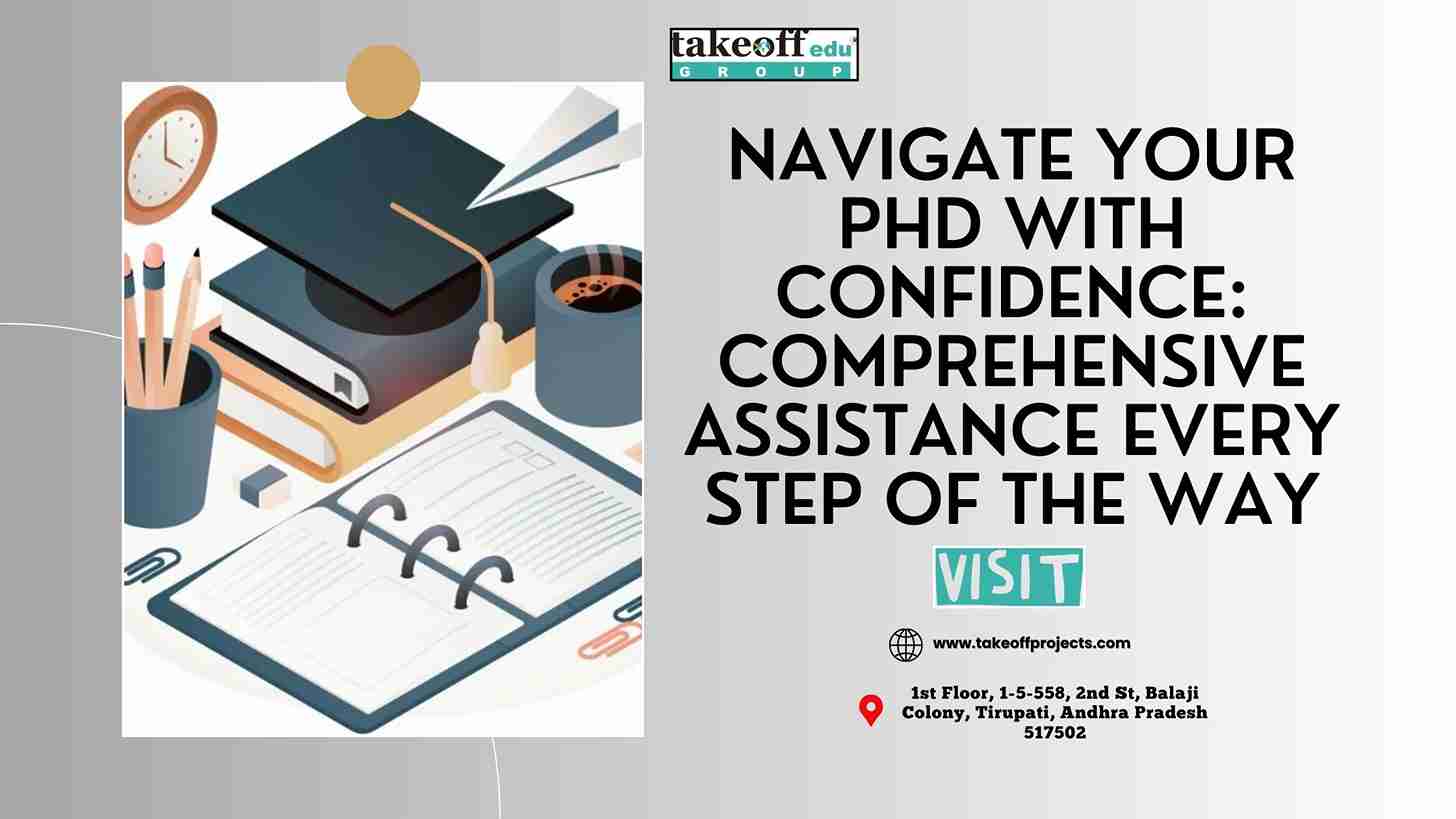 Navigate Your PhD with Confidence: Comprehensive Assistance Every Step of the Way
Navigate Your PhD with Confidence: Comprehensive Assistance Every Step of the Way  ECE Dissertation Success: Expert Tips for Writing and Publishing your Academic Success
ECE Dissertation Success: Expert Tips for Writing and Publishing your Academic Success 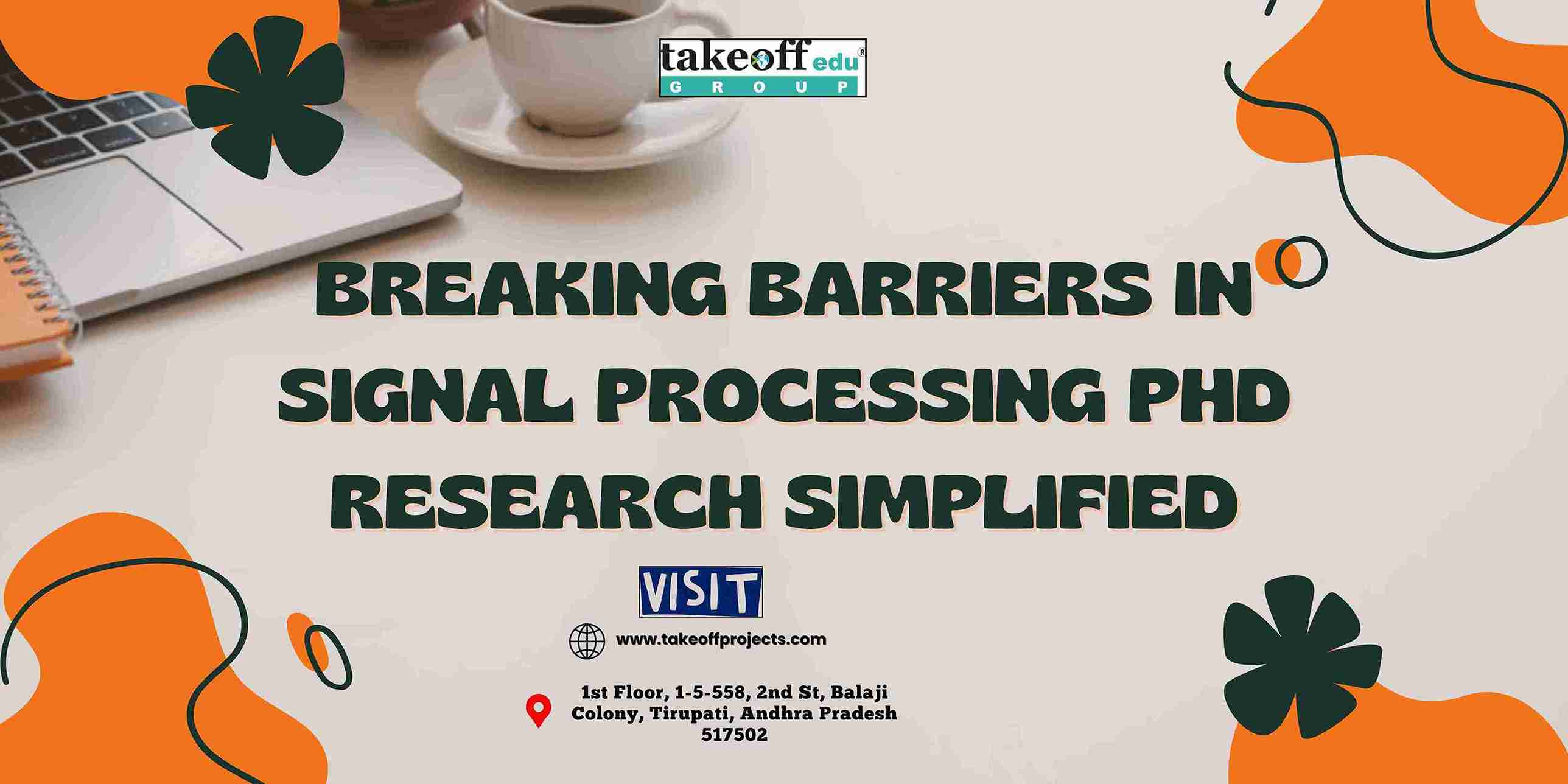 Breaking Barriers in Signal Processing: PhD Research Simplified
Breaking Barriers in Signal Processing: PhD Research Simplified  Building the Next-Gen Tech: A Guide to ECE Research and Publication
Building the Next-Gen Tech: A Guide to ECE Research and Publication  From Circuits to Control Systems: Navigating EEE Research with Expert Guidance
From Circuits to Control Systems: Navigating EEE Research with Expert Guidance  From Data to Discovery: Quantitative Analysis That Drives Results
From Data to Discovery: Quantitative Analysis That Drives Results  Future of IoT and Wireless Communication: Top PhD Opportunities in ECE
Future of IoT and Wireless Communication: Top PhD Opportunities in ECE  Top PhD Topics Energy Management in Power Electronics
Top PhD Topics Energy Management in Power Electronics 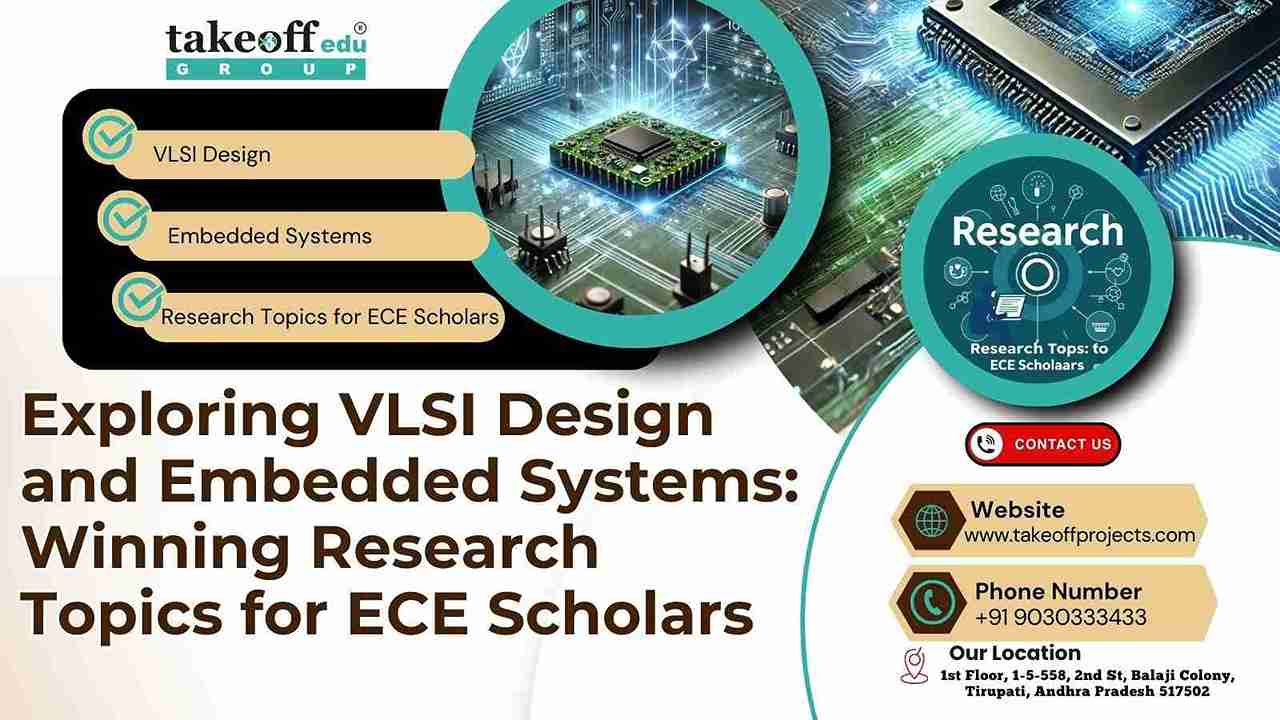 Exploring VLSI Design and Embedded Systems: Winning Research Topics for ECE Scholars
Exploring VLSI Design and Embedded Systems: Winning Research Topics for ECE Scholars  Expert-Approved Techniques for Crafting a Winning PhD Synopsis
Expert-Approved Techniques for Crafting a Winning PhD Synopsis  Writing with Purpose: How to Create Engaging Seminar Papers That Stand Out
Writing with Purpose: How to Create Engaging Seminar Papers That Stand Out  Unlocking Publication Success: Your Guide to High-Impact Journal Articles
Unlocking Publication Success: Your Guide to High-Impact Journal Articles 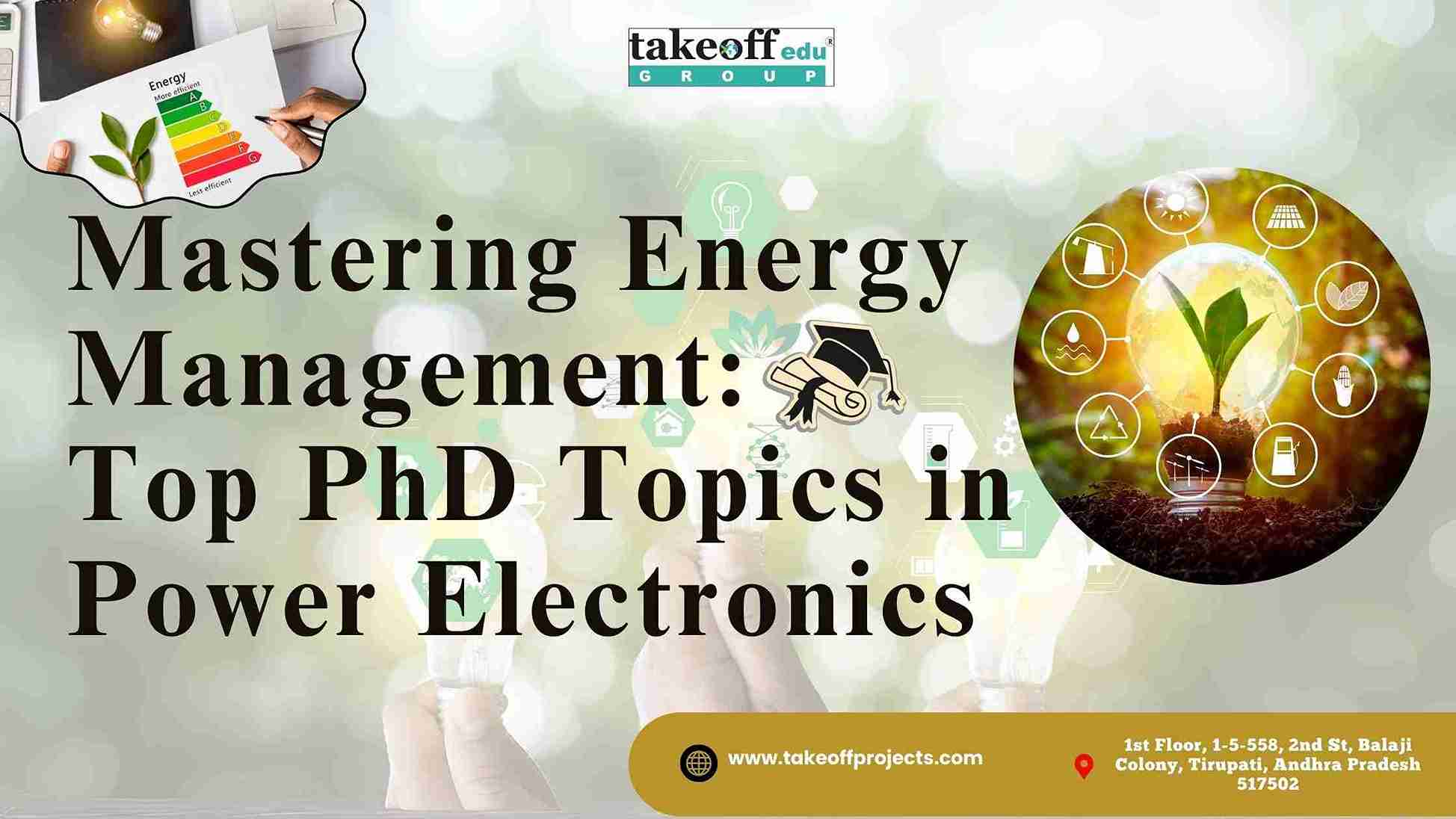 Mastering Energy Management: Top PhD Topics in Power Electronics
Mastering Energy Management: Top PhD Topics in Power Electronics  PhD Topic Selection Simplified: Choosing What Matters Most to You
PhD Topic Selection Simplified: Choosing What Matters Most to You 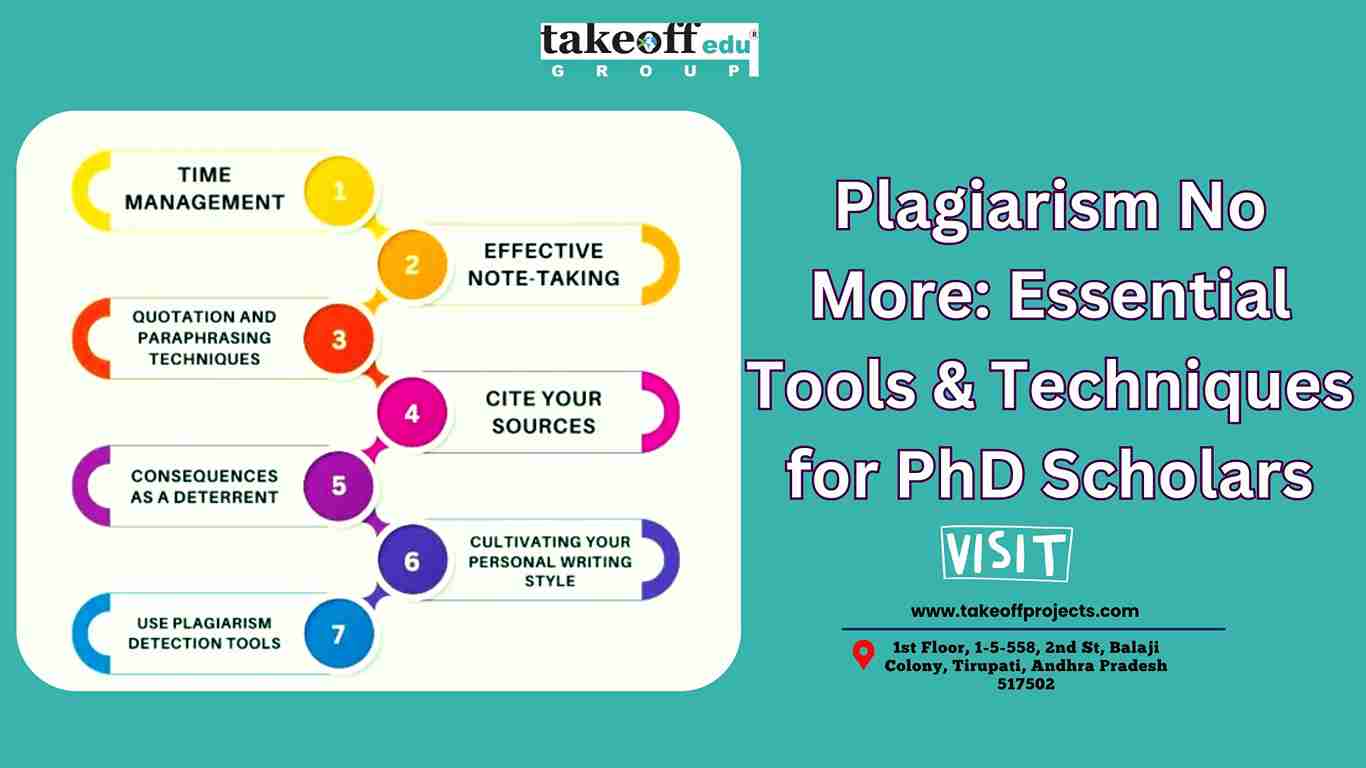 Plagiarism No More: Essential Tools and Techniques for PhD Scholars
Plagiarism No More: Essential Tools and Techniques for PhD Scholars 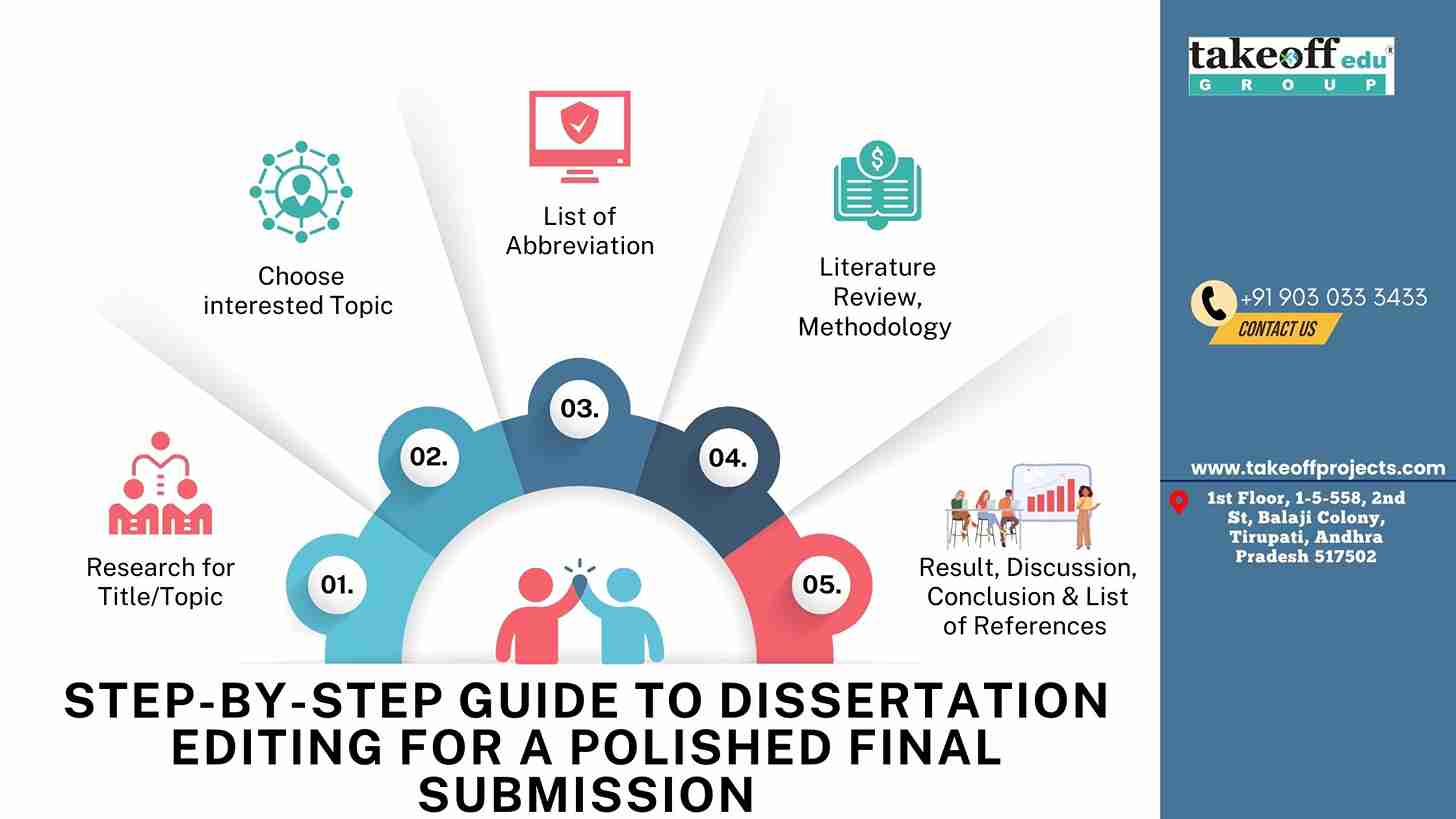 Step-by-Step Guide to Dissertation Editing for a Polished Final Submission
Step-by-Step Guide to Dissertation Editing for a Polished Final Submission 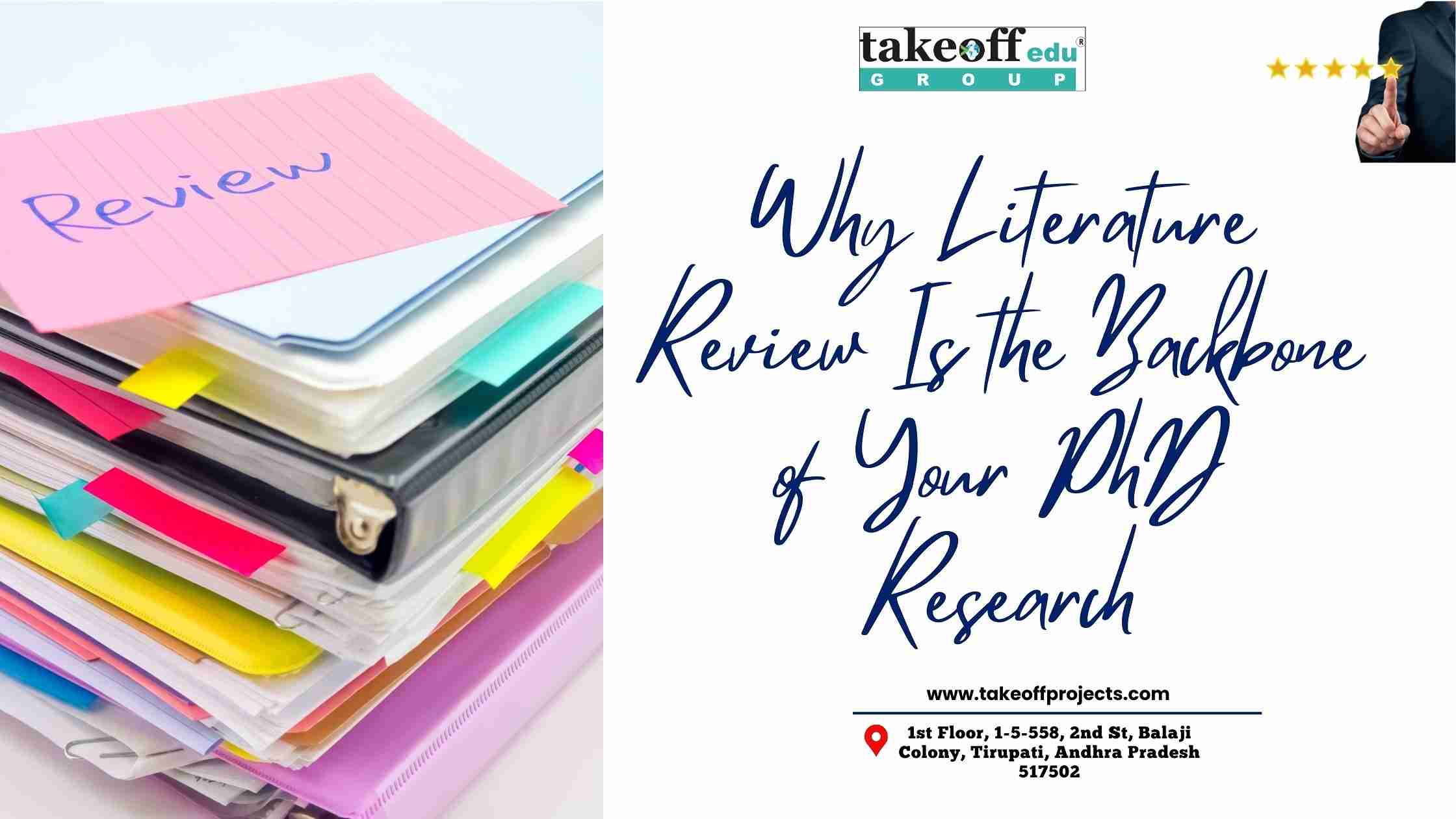 Why Literature Review Is the Backbone of Your PhD Research?
Why Literature Review Is the Backbone of Your PhD Research?  Accelerate Your Research: Software Implementation Made Easy for PhD Students
Accelerate Your Research: Software Implementation Made Easy for PhD Students  Stress-Free PhD Viva Voce Preparation: Expert Tips to Impress Examiners
Stress-Free PhD Viva Voce Preparation: Expert Tips to Impress Examiners 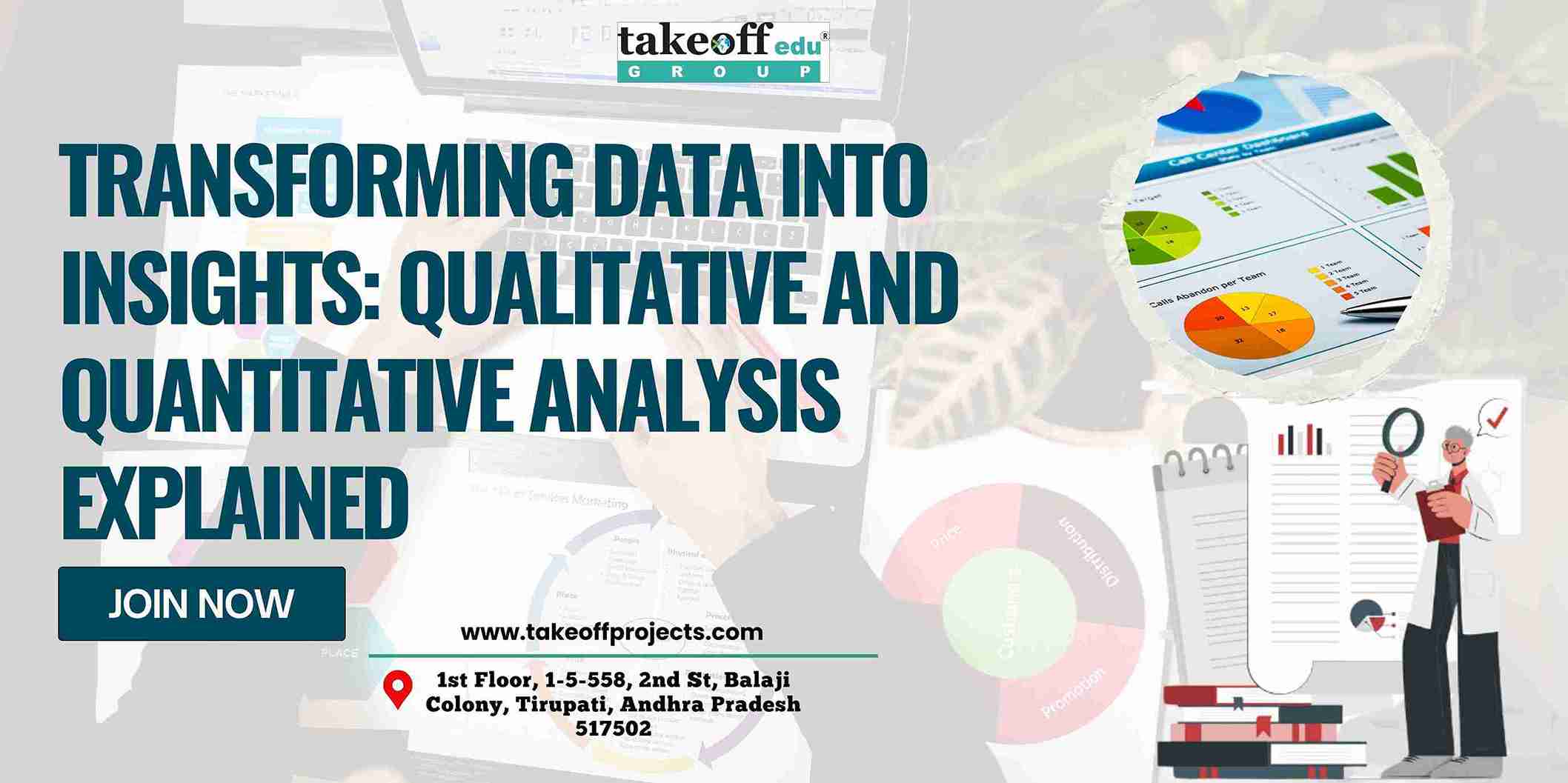 Transforming Data into Insights: Qualitative and Quantitative Analysis Explained
Transforming Data into Insights: Qualitative and Quantitative Analysis Explained 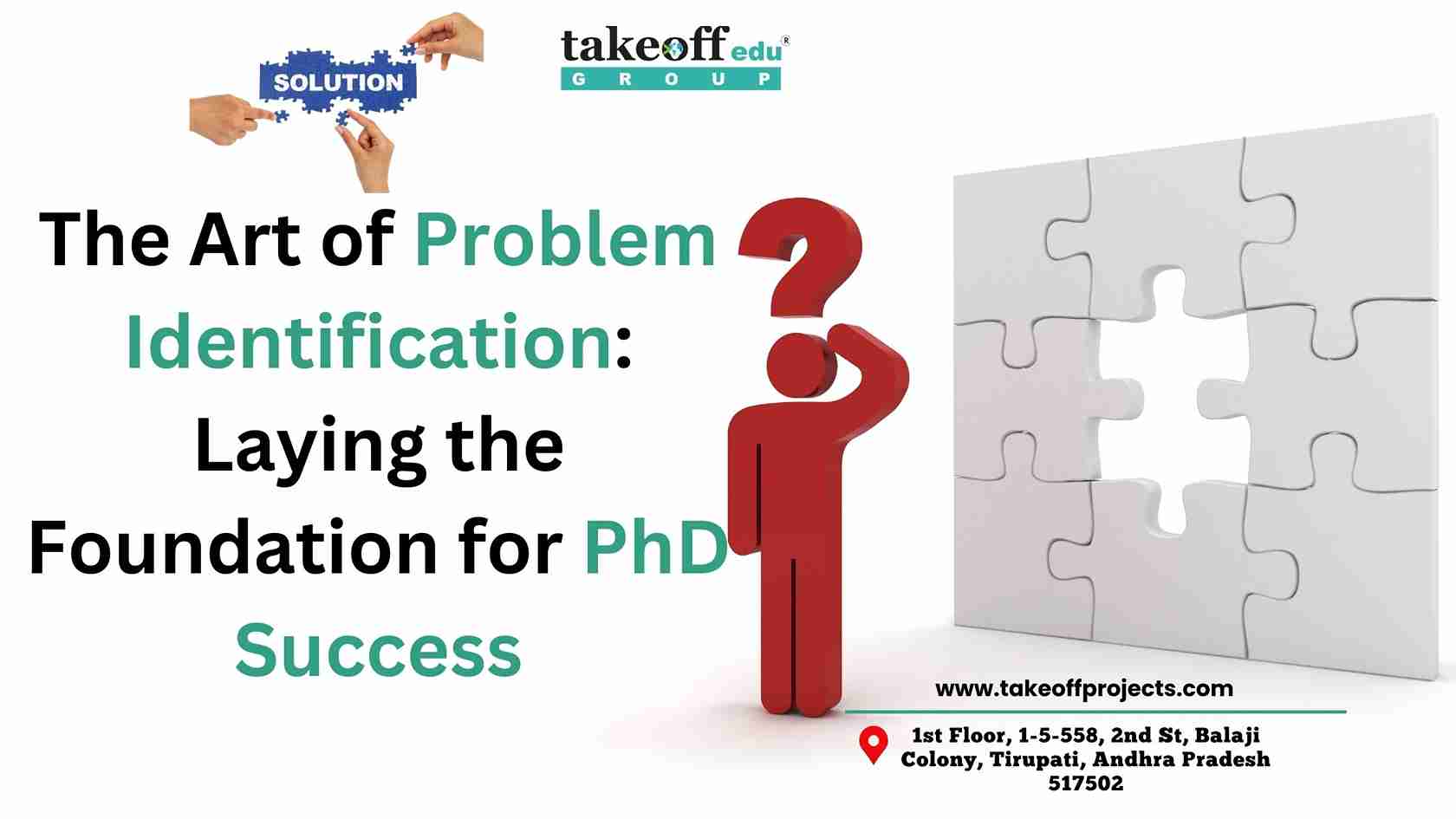 The Art of Problem Identification: Laying the Foundation for PhD Success
The Art of Problem Identification: Laying the Foundation for PhD Success  Say Goodbye to Plagiarism Worries: A Guide to Flawless Dissertation Writing
Say Goodbye to Plagiarism Worries: A Guide to Flawless Dissertation Writing  From Idea to Impact: Crafting High-Quality Conference and Seminar Papers
From Idea to Impact: Crafting High-Quality Conference and Seminar Papers 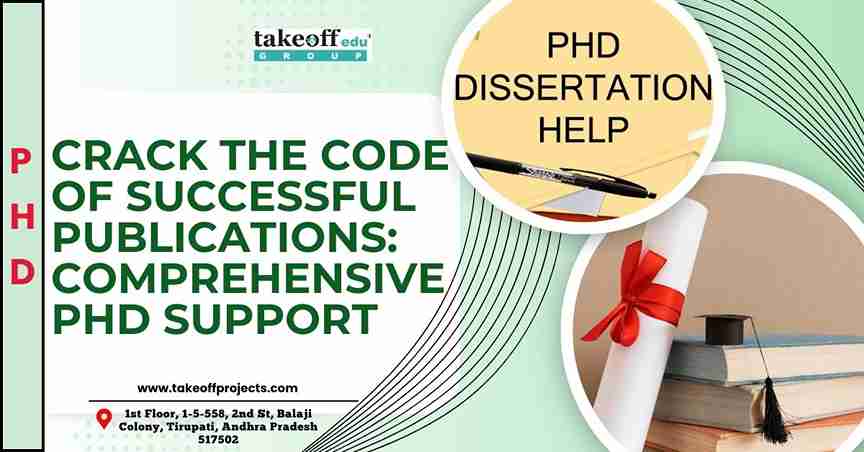 Crack the Code of Successful Publications: Comprehensive PhD Support
Crack the Code of Successful Publications: Comprehensive PhD Support 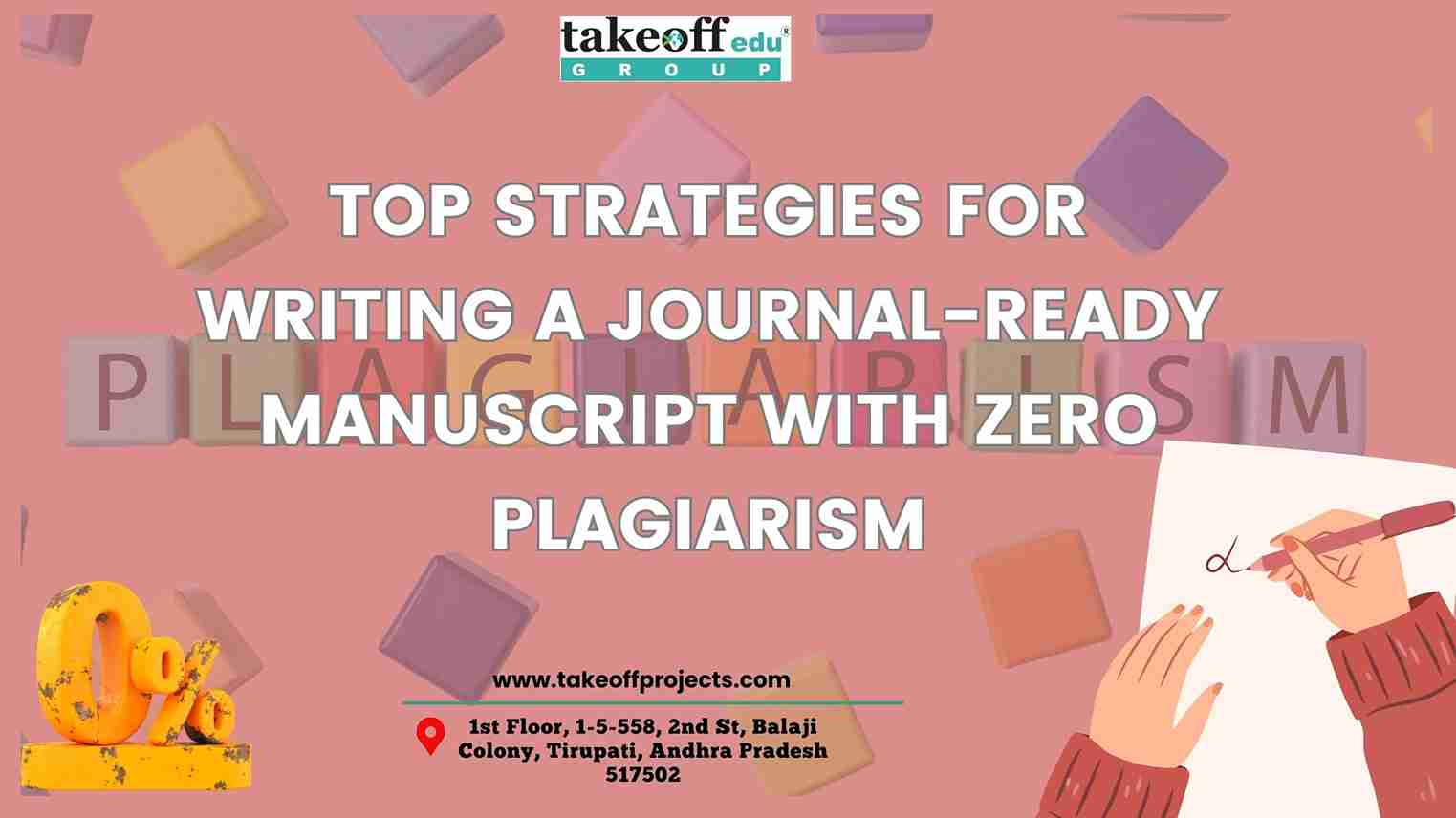 Top Strategies for Writing a Journal Ready Manuscript with Zero Plagiarism
Top Strategies for Writing a Journal Ready Manuscript with Zero Plagiarism  How to Nail Your PhD Research Proposal: Tips from the Pros
How to Nail Your PhD Research Proposal: Tips from the Pros  Understanding the Basics of Power Systems: A Comprehensive Guide
Understanding the Basics of Power Systems: A Comprehensive Guide  Turn Research Challenges into Opportunities: Expert PhD Consultation Services
Turn Research Challenges into Opportunities: Expert PhD Consultation Services 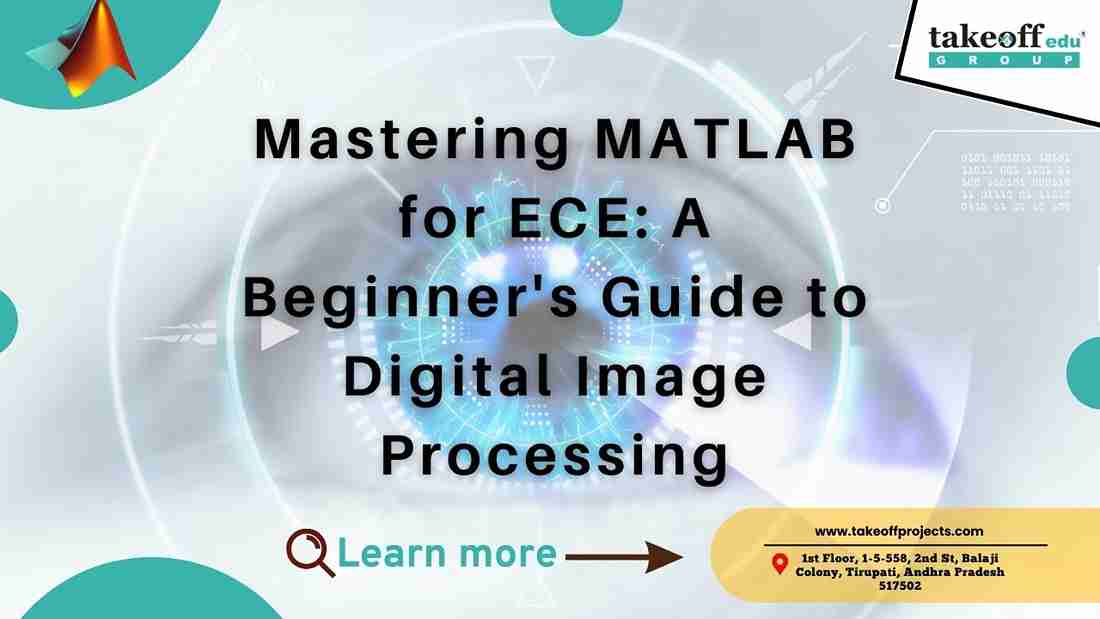 Mastering MATLAB for ECE: A Beginner's Guide to Digital Image Processing
Mastering MATLAB for ECE: A Beginner's Guide to Digital Image Processing  Mastering Your PhD Journey: From Topic Selection to Dissertation Success
Mastering Your PhD Journey: From Topic Selection to Dissertation Success  Assignment Writing Service
Assignment Writing Service  PhD Research Assistance
PhD Research Assistance 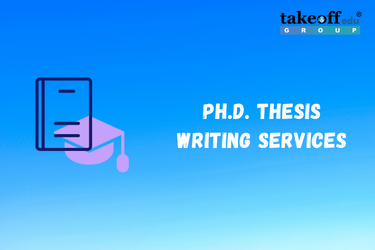 PhD Thesis Writing Services
PhD Thesis Writing Services  Masters Dissertation Writing
Masters Dissertation Writing  Journal Paper Writing
Journal Paper Writing  Research Paper Writing Services
Research Paper Writing Services 
 Paper Publishing
Paper Publishing


